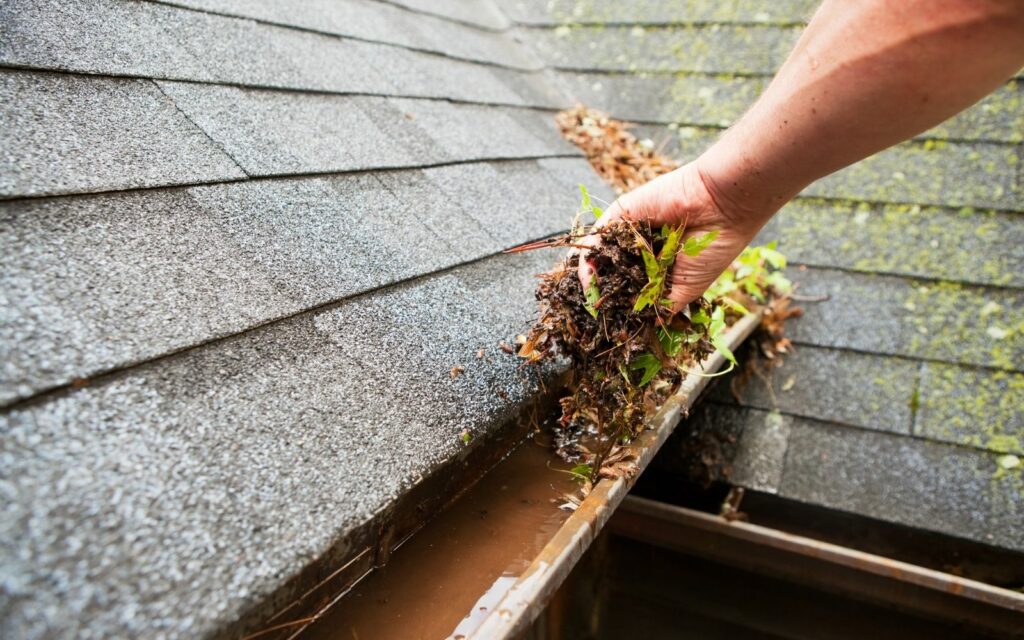Winter Property Maintenance: How to Protect Your Auckland Rental This Season

As a landlord in Auckland or the North Shore, winter presents unique challenges that can affect your property’s condition, your tenant’s wellbeing, and your legal obligations under the Residential Tenancies Act and the Healthy Homes Standards. Failing to prepare your rental for the cold, wet months can lead to costly repairs, increased tenant turnover, and potential breaches of compliance.
This winter property maintenance guide will walk you through the key areas to focus on—from insulation to mould prevention—to ensure your investment is protected and your tenants remain safe and warm.
Why Winter Maintenance Matters in New Zealand
Auckland’s winters may not be as harsh as other parts of New Zealand, but the combination of rain, cold temperatures, and humidity still takes a toll on properties. From blocked gutters to poor indoor air quality, neglecting seasonal upkeep can lead to:
- Mould and dampness problems
- Water damage from leaks
- Tenant complaints and increased maintenance requests
- Possible Healthy Homes Standards violations
- Decreased lifespan of fittings, fixtures, and exterior features
In a competitive rental market, being proactive with maintenance also helps retain good tenants and justifies market-level rents.
Key Areas for Winter Property Maintenance
1. Check and Clear Gutters and Downpipes
Blocked gutters are one of the most common winter issues and can lead to water overflow, rotting fascia boards, or even internal leaks. Schedule a gutter clean at the start of winter (and again if needed mid-season), especially if your property is surrounded by trees.
Pro tip: Install gutter guards to reduce the frequency of cleaning, particularly in leafy suburbs like Devonport, Birkenhead, or Titirangi.
2. Inspect Roof and Flashings
Water ingress during heavy rain often comes from damaged roofing or deteriorating flashings. Look for missing shingles, cracked tiles, or rust spots. Also, check chimneys and skylights for leaks. A qualified roofer can identify small issues before they become big expenses.
3. Test Heating Systems and Ensure Healthy Homes Compliance
Under the Healthy Homes Standards, every living room must have a fixed heating device that can warm the room to at least 18°C. In winter, this becomes critical for tenant health and comfort.
Check that:
- Heat pumps or fixed electric heaters are working efficiently
- Tenants understand how to use them properly
- Filters have been cleaned or replaced
- Portable heaters (if provided) meet the minimum safety requirements
Remember, failing to provide adequate heating can put you at risk of a Tenancy Tribunal claim.
4. Prevent Mould and Condensation
With colder temperatures comes more moisture—and if not managed, that turns into mould. Mould is not only a breach of the Healthy Homes Standards, but it also drives tenant dissatisfaction.
Combat mould by:
- Ensuring extractor fans are working in bathrooms and kitchens
- Encouraging tenants to ventilate rooms regularly (open windows during dry parts of the day)
- Providing dehumidifiers in older homes or basement flats
- Fixing leaks immediately, including from windows and roofs
- Making sure all curtains or blinds allow for airflow around windows
In high-risk areas with older weatherboard homes, mould prevention is especially important.
5. Check Insulation and Draught Stopping
All rental properties must have proper ceiling and underfloor insulation where practicable. Now is the time to recheck that insulation hasn’t been disturbed or damaged (especially after tradespeople access roof cavities or underfloors).
Also, check:
- Window seals and door strips for draughts
- That curtains or thermal blinds are fitted where required
- Fireplaces are sealed if not in use (as per Healthy Homes rules)
Even small draughts can significantly reduce heating efficiency and increase power bills for tenants.
6. Outdoor Maintenance and Drainage
Don’t forget the outside of your property. Winter rains can lead to slippery paths, pooling water, and even foundation damage if drainage is poor.
Ensure:
- Paths and driveways are pressure-washed to remove moss or algae
- Drains are free-flowing
- Landscaping directs water away from the home’s foundation
- Outdoor lighting is working for dark, wet evenings
If your property is on a slope, drainage is even more critical.
7. Inspect for Pest Entry Points
Winter often drives rodents and insects indoors. Check for gaps in weatherboards, vents, or underfloor spaces that could let pests in. Talk to your tenants about reporting signs of vermin early—prevention is much cheaper than eradication.
Communication with Tenants Is Key
Winter is a great time to strengthen your landlord-tenant relationship. Let them know you’re taking maintenance seriously, and encourage them to report any concerns early.
You could send a short winter email with:
- Tips for reducing mould and condensation
- Reminders to report leaks or heating issues
- Instructions for heat pump use and ventilation
Proactive communication reduces complaints and Tribunal risk while showing tenants you care about their comfort and safety.
Consider a Mid-Year Property Inspection
If you haven’t done a routine inspection since summer, winter is a perfect time to check in. You’ll be able to:
- Verify heating and ventilation is working
- Check for signs of damp or mould
- Spot wear and tear before it becomes damage
- Identify tenants who are struggling to care for the property (and offer support)
Remember to give at least 48 hours written notice as per the Residential Tenancies Act, and keep inspection records for your compliance file.
Final Thoughts: Protecting Your Investment Year-Round
Winter property maintenance may feel like a chore, but it’s essential for protecting your investment and meeting your legal obligations. Staying ahead of seasonal issues can save thousands in repairs, reduce vacancies, and help ensure long-term tenancies.
If you’re a landlord feeling the pressure of ongoing maintenance, consider working with a professional property manager such as Sole Agents who can coordinate these tasks and ensure your property remains compliant year-round.

